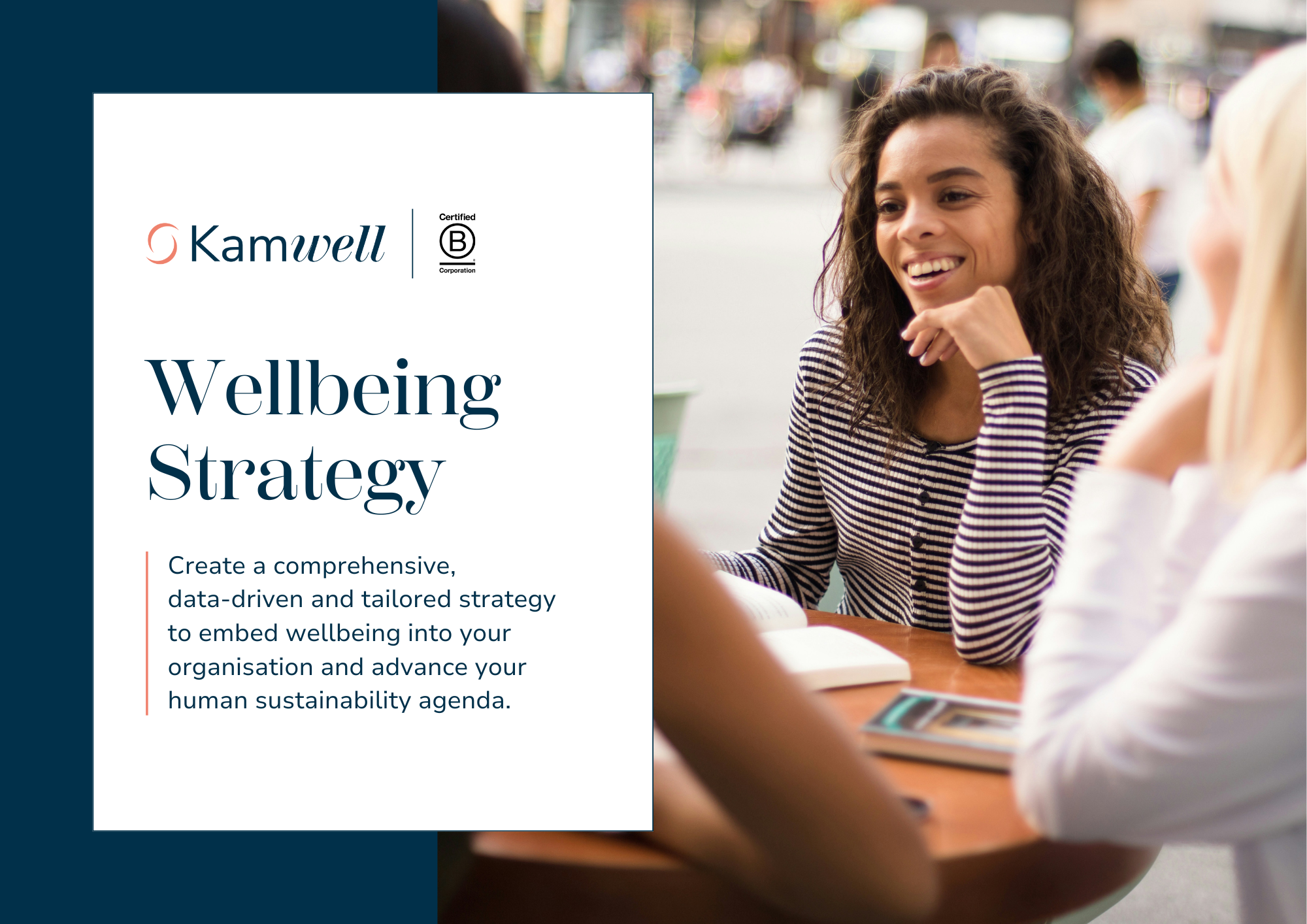The Kamwell Partner Network
Over the past decade, we’ve carefully built a trusted network of the most inspiring thinkers, speakers and educators in the wellbeing and culture space. We pride ourselves on working only with the very best. Every expert in the Kamwell Partner Network (KPN) goes through a rigorous selection process, followed by our meticulous onboarding programme.
The KPN includes doctors, consultants, psychologists, psychotherapists, academics, lived-experience speakers and subject matter experts. We vet every partner not only for their expertise and credentials, but for their ability to connect with audiences and leave a lasting impact: educating, energising and inspiring.
The Kamwell Partner Network is the heartbeat of what we do and instrumental in delivering our key products and services (read more about these below).

Our wellbeing talks
Workplace culture refers to the shared values, beliefs, attitudes, and behaviours that characterise how work gets done in an organisation. It is what people experience and observe every day - from how leaders make decisions, to how people treat one another, to what is celebrated or overlooked.
Culture lives in the unspoken rules as much as the written policies. It’s shaped by leadership, systems, rituals, language, and environment. Every organisation has a culture, whether intentional or not. The question is whether that culture supports or hinders your people and goals.
At its best, workplace culture acts as a foundation for belonging, wellbeing, and purpose. At its worst, it can create stress, exclusion, and disconnection.

Leading for Wellbeing
Workplace culture refers to the shared values, beliefs, attitudes, and behaviours that characterise how work gets done in an organisation. It is what people experience and observe every day - from how leaders make decisions, to how people treat one another, to what is celebrated or overlooked.
Culture lives in the unspoken rules as much as the written policies. It’s shaped by leadership, systems, rituals, language, and environment. Every organisation has a culture, whether intentional or not. The question is whether that culture supports or hinders your people and goals.
At its best, workplace culture acts as a foundation for belonging, wellbeing, and purpose. At its worst, it can create stress, exclusion, and disconnection.

Wellbeing strategy
Workplace culture refers to the shared values, beliefs, attitudes, and behaviours that characterise how work gets done in an organisation. It is what people experience and observe every day - from how leaders make decisions, to how people treat one another, to what is celebrated or overlooked.
Culture lives in the unspoken rules as much as the written policies. It’s shaped by leadership, systems, rituals, language, and environment. Every organisation has a culture, whether intentional or not. The question is whether that culture supports or hinders your people and goals.
At its best, workplace culture acts as a foundation for belonging, wellbeing, and purpose. At its worst, it can create stress, exclusion, and disconnection.

Energise You
Workplace culture refers to the shared values, beliefs, attitudes, and behaviours that characterise how work gets done in an organisation. It is what people experience and observe every day - from how leaders make decisions, to how people treat one another, to what is celebrated or overlooked.
Culture lives in the unspoken rules as much as the written policies. It’s shaped by leadership, systems, rituals, language, and environment. Every organisation has a culture, whether intentional or not. The question is whether that culture supports or hinders your people and goals.
At its best, workplace culture acts as a foundation for belonging, wellbeing, and purpose. At its worst, it can create stress, exclusion, and disconnection.
Sign up with your email address to receive news and updates.




